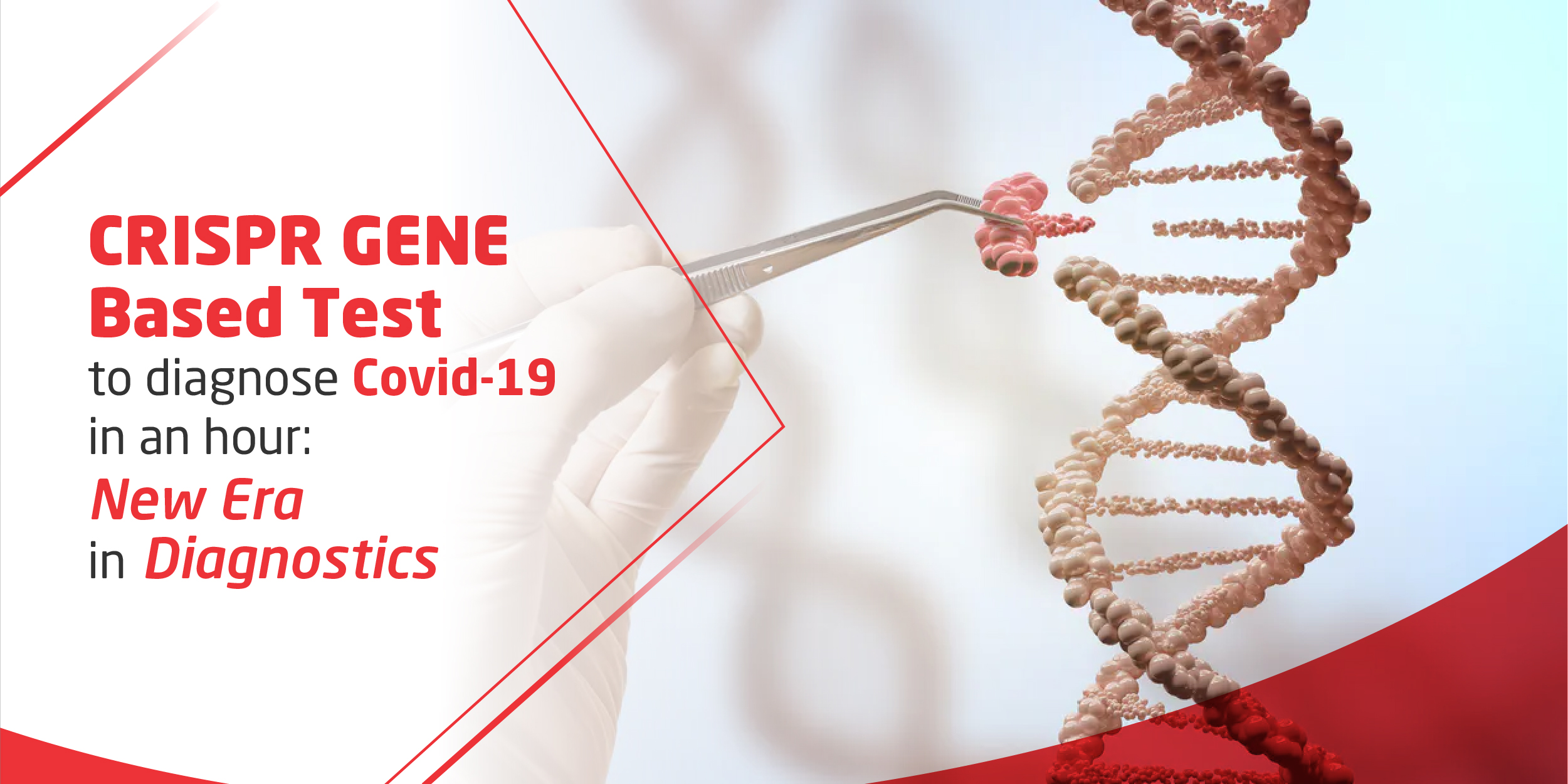
With the COVID-19 pandemic growing globally, new ways of detecting the infection is the need of the hour. The test, called the SARS-CoV2 DETECTR assay, checks for the presence of two specific regions in the novel corona virus – one is found in all ‘SARS-like’ corona viruses and one is unique to SARS-CoV-2, which causes COVID-19. This helps to differentiate COVID-19 infections from similar infections caused by other corona viruses.
The assay is currently being validated in a Clinical Laboratory Improvement Amendments (CLIA)-certified microbiology laboratory as per guidelines from the FDA.
As one of the first tests to use CRISPR gene-targeting to detect the novel corona virus, this technology offers several benefits over current qRT-PCR testing. PCR (polymerase chain reaction) is a specialized, expensive technique that can only be performed in well-equipped labs. The DETECTR assay, on the other hand, can be performed in any lab with off-the-shelf reagents and common equipment, making it a more cost-effective and widely available solution.
Another key advantage of the DETECTR assay is the <60 minute readout time, while PCR-based tests take up to four hours. The test sensitivity is slightly lower (10 virus particles/microliter of fluid) compared to PCR-based tests (3.5 virus particles/microliter); however, this is unlikely to be a huge disadvantage due to the high viral load in most COVID-19 positive patients.
One major disadvantage of both techniques is the RNA extraction step, which has proved to be time-consuming due to the lack of availability of reagents and equipment. Manual extraction of 1-8 samples still takes 10 minutes, and automated extraction is a limited option due to the specialized equipment and reagents required.
Ultimately, a test that directly measures the viral antigen (as is the case in the test for influenza), instead of requiring RNA extraction, will eliminate these drawbacks. Until then, the rapid development of such novel techniques will help improve testing rates to combat the pandemic.
In a recent development, The U.S. Food and Drug Administration granted its first-ever emergency use authorization for the gene-editing technology CRISPR on Thursday, green lighting a corona virus diagnostic test developed by Cambridge, Massachusetts-based Sherlock Biosciences.